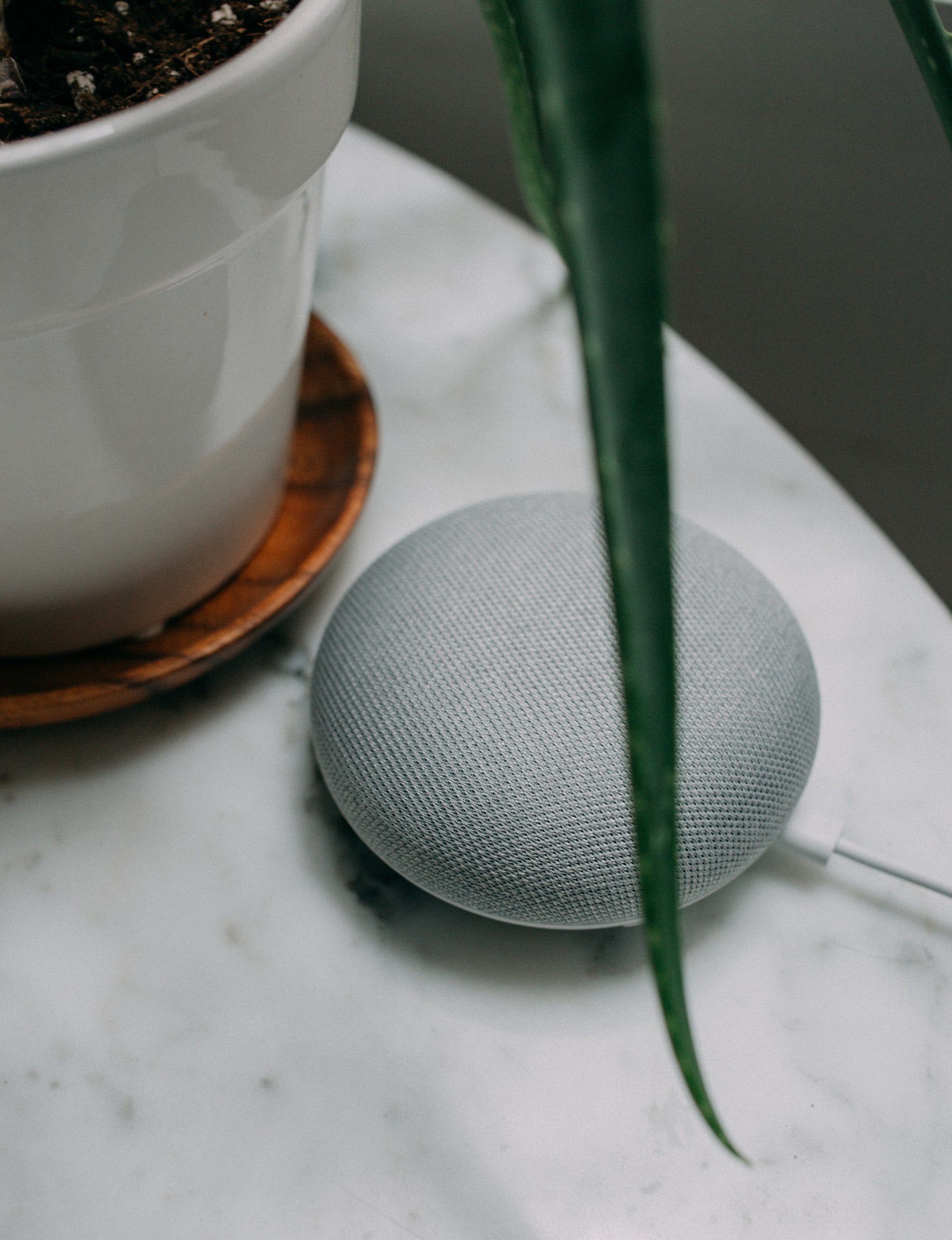
Project Rosie
Understanding why and how families use and accept today’s new virtual family members:
Siri, Alexa, Google Home, and Co.
Motivation
Today’s world is increasingly filled with smart devices that support us in our everyday life, ranging from smartphones to smartwatches, smart fridges, smart lighting, and smart speakers. By reacting to the most natural form of human communication - namely voice - smart speakers act as virtual assistants at home, searching for information, controlling other devices, and providing means of entertainment. And especially for families, those devices seem to be exceptionally useful, because they allow the parent, the young child (as soon as it can speak), and the parent and child together to interact with the device.
But why and how do families use smart speakers in their home exactly?
When can we actually say that a family accepts a virtual assistant in their home, when may they reject it? And how can we best support them in their dealing with those emerging home-helpers?
To find answers to these questions, we use three forms of investigations:
(1) We use a cross-sectional online survey approach to start learning more about our target population and find out what possible adoption motivations are.
(2) We conduct an automated content-analysis of messages about virtual assistants in the Dutch news media landscape to explore what information might reach parents about this topic, potentially shaping their opinion about this technology.
(3) And a final longitudinal data-donation study will bring to light how families’ journey of using a virtual assistant at home develops over time and where support in their practices is best needed.
Why Rosie?
In 1962, Hanna-Barbera Productions released an animated sitcom called The Jetsons. A key character of this show was Rosie - a robotic maid that did all of the daily housework in the home, some childrearing, and provided the family plenty of laughter. She was, by all accounts, a member of the family. Now, less than fifty years later, many families are finding themselves with the option to have their very own Rosie – at least a basic one – in the form of Siri, Alexa, or Google Home.
Why Virtual Assistants?
Virtual assistants are applications that rely on artificial intelligence to understand voice commands. They carry out tasks for users and are as such becoming increasingly accessible around the globe. For many, it was the introduction to Apple’s Siri that started the conversation about virtual assistants – but undoubtedly, the spread to physical devices like smart speakers has elevated their accessibility and use. In the Netherlands, this is particularly the case for Google Assistant, which remains the only one that is already available in Dutch language.
Why Families?
Early indicators show that the worldwide phenomenon of virtual assistants may have found an interesting niche in families with young children. More and more special versions of devices and services (e.g., Echo Dot Kids, Family Link) are launched for young users and their parents. And recent estimates show that access to virtual assistants among children has grown by 13% in the past years. Last but not least, recent public policy efforts led by UNICEF and other initiatives are put in place to develop guidelines for Artificial Intelligence and children.
„Our smart speaker is a true convenience-enabler, saving us the ways to light switch, air purifier, window shades, hifi-system and more. And even my young son is developing real autonomy in his music and audio book selection. “
— Father, 47, Alexa Echo user


